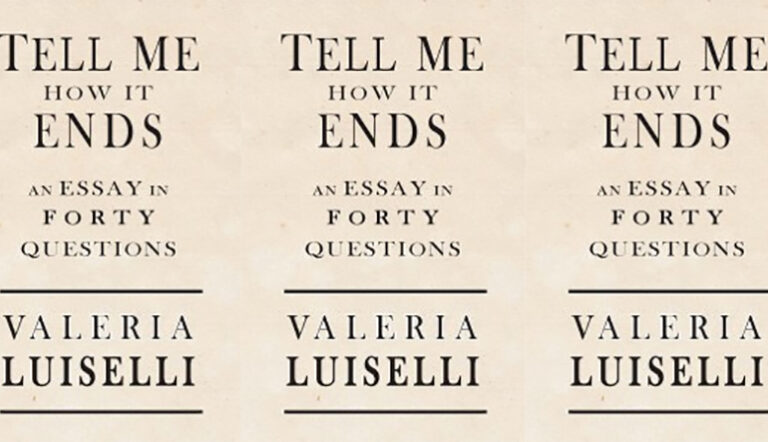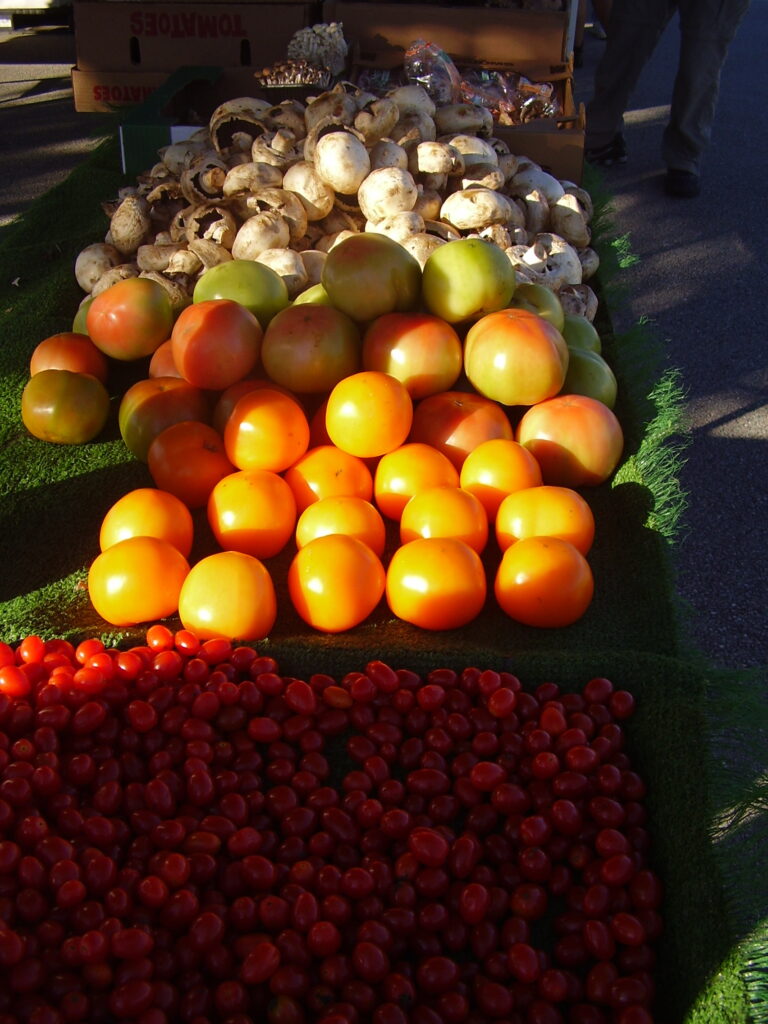Words Chosen For Ourselves: A Review of THE OXFORD INDIA ANTHOLOGY OF TAMIL DALIT WRITING
The Oxford India Anthology of Tamil Dalit Writing
Ravikumar and R. Azhagarasan
Oxford University Press, 2012
480 pp, $39.95
Buy hardcover
Of the social, political, and economic issues facing India since independence in 1947, the situation of Dalits has been one of the most pressing. Dalits face discrimination and oppression in nearly every part of Indian society, and often are portrayed as a voiceless and victimized minority group. Although Dalits make up almost 16-17% of the population, widely available creative expressions from individuals identifying as members of this group are few and far between, especially outside of India. However, these creative expressions do exist: so far, it’s simply been a matter of availability and translation.
The Oxford India Anthology of Tamil Dalit Writing, edited by Ravikumar and R. Azhagarasan, is one of several volumes pushing for a reorientation of Dalit representation. By presenting more than one hundred years of work, ranging from poetry to speeches, novel excerpts to autobiography, the anthology underscores that the outpouring of work from Tamil Dalits has never been fixed to a single genre, mode, or emotional current. The editors further emphasize difference by focusing on the state of Tamil Nadu, one of the most populous areas in India, located on its southern tip. Therefore, the book doesn’t present an overwhelming and impossible attempt to represent all Dalit writing throughout the subcontinent; but, instead, the volume makes a worthwhile and focused gathering of work.
“Even within Tamil Nadu,” Ravikumar writes in the introduction, “different Dalit communities have different histories of being relegated to the category of ‘untouchables.’” This plurality makes up the editorial philosophy of the anthology. Ravikumar’s succinct historical overview of the development of Dalits, which goes hand-in-hand with a history of the hierarchized caste system, carefully picks through many perspectives. All in all, the focus becomes anti-caste struggle, or caste annihilation. A belief in “all personal writing being political” is especially nuanced here, where to “trace the origin of ‘Dalit literature’” brings us to “medieval anti-caste movements” and a continual push against discrimination. As Ravikumar notes: “Those who talk of caste hierarchy being thousands of years old…help create the impression that it cannot be easily altered.” By actively tracing the real and sustained practice of creative expression against this so-called “status quo” of caste, the realization of its alteration actually becomes quite possible.
Some of these works actively and directly drive an anti-caste movement, or at least argue for visibility of an “invisible” people. “I assure them / we stand at the forefront” writes S. Sukirtharani in his poem “A Faint Smell of Meat.” The speeches and historical archives collected in the volume do similar work, as Meenambal Sivaraj argues in a speech from 1937:
“Our nation is in such a bad state due to caste divisions…For the people in our community to advance…everybody must unite.”
Or, as a line in Imayam’s short fiction piece “The Binding Vow,” makes clear: “the caste people who do not allow the Dalits to remove the corpse.” The body in these pieces is front and center, and it is a physical and figurative body described in large terms: Dalit, Tamil, an “everybody,” a “we.”
To the anthology’s credit, even pieces written with protest in mind still swivel to show other tracks of thinking and belief.
“In our streets the girls hardly ever enjoy a period of childhood…Yet…one cannot but be delighted by their sparkling words, their firm tread, and their bubbling laughter,”
ends the excerpt of a novel by Bama. Azhakiya Periyavan’s piece “Eardrum” features Parvathy, a character who
“could keep singing till the fingers of the drummers grew tired of playing. She could produce an endless stream of songs.”
This volume argues for the stream of a multiplicity of creative expression continually sung in protest and in play by Tamil Dalit peoples. Endless and human, if only we listen.


